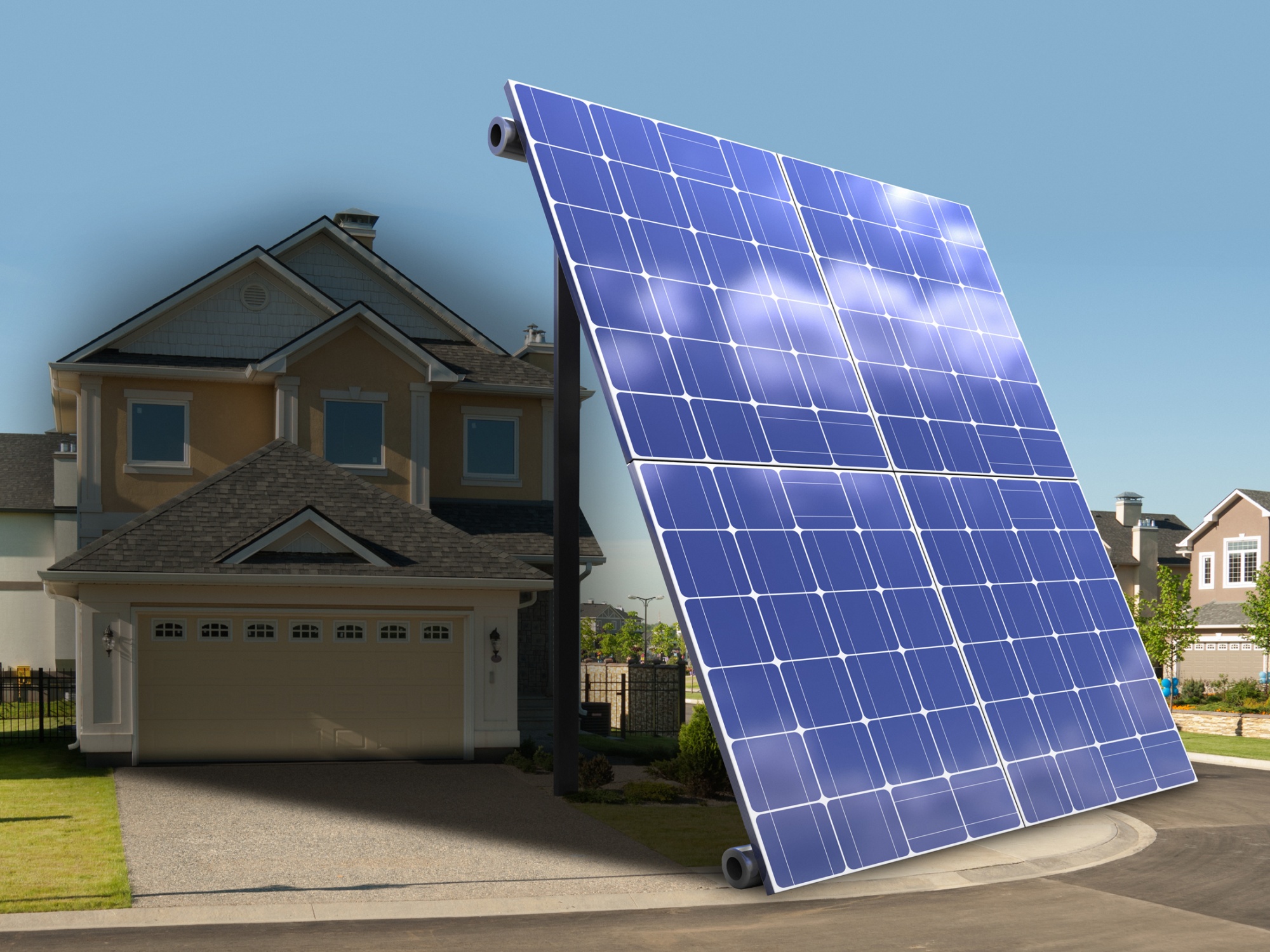The Big Financial Decision: Controlling Home Power Beyond Solar Installation
Introduction
In recent years, solar power has gained significant popularity as an environmentally friendly and cost-effective alternative to traditional energy sources. Homeowners are increasingly turning to solar panels to generate their electricity and reduce their reliance on the grid. However, installing solar panels is just the beginning of the journey towards sustainable and efficient home power management. There are several other crucial financial decisions that homeowners must consider to maximize their control over home power. In this article, we will explore these decisions and provide valuable insights for homeowners looking to take charge of their energy consumption.
Section 1: The Importance of Home Power Management
The Rising Energy Costs
As energy costs continue to rise, homeowners are seeking ways to reduce their monthly bills. The cost of electricity from the grid can be unpredictable, subject to market fluctuations and external factors. By taking control of their home power, homeowners can mitigate the impact of rising energy costs and potentially save significant amounts of money in the long run.
Energy Independence and Resilience
In addition to financial benefits, home power management offers homeowners the opportunity to achieve energy independence and resilience. By generating and storing their electricity, homeowners can become less reliant on the grid, ensuring a continuous power supply even during blackouts or emergencies. This independence provides peace of mind and the ability to maintain essential services within the home.
Section 2: Beyond Solar: Exploring Home Power Control Options
Battery Storage Systems
One of the key considerations for homeowners looking to control their home power is the installation of a battery storage system. These systems allow excess solar energy to be stored for use during times when the sun is not shining or during power outages. By harnessing and storing this energy, homeowners can reduce their reliance on the grid and optimize their solar power usage.
Smart Home Energy Management Systems
Another option for homeowners is the implementation of smart home energy management systems. These systems use advanced technology to monitor and control energy usage throughout the home. By integrating smart devices, such as thermostats, lighting controls, and smart plugs, homeowners can optimize energy consumption, minimize waste, and reduce their overall carbon footprint.
Section 3: Financing Options for Home Power Control
Federal and State Incentives
To encourage homeowners to invest in renewable energy and home power control systems, federal and state governments often provide financial incentives. These incentives can include tax credits, grants, and rebates that help offset the initial costs of installation. By taking advantage of these incentives, homeowners can make home power control more affordable and attainable.
Power Purchase Agreements
For homeowners who are unable or unwilling to invest in solar panels or battery storage systems upfront, power purchase agreements (PPAs) provide an alternative financing option. With a PPA, homeowners can lease solar panels and equipment from a third-party provider who installs and maintains the system. In exchange, homeowners agree to purchase the energy generated by the system at a predetermined rate. This allows homeowners to benefit from solar power without the initial capital investment.
Section 4: Evaluating the Return on Investment
Calculating Energy Savings
Before making any financial decisions regarding home power control, it is essential to evaluate the potential return on investment. Homeowners should consider factors such as the cost of installation, projected energy savings, and the payback period for their chosen system. By conducting a thorough analysis, homeowners can make informed decisions about the financial feasibility of their home power control options.
Long-Term Cost Savings
While the upfront costs of home power control systems may seem significant, it is essential to consider the long-term cost savings they can provide. By reducing reliance on the grid and generating their electricity, homeowners can significantly lower their monthly energy bills. Over time, these savings can offset the initial investment and result in substantial financial benefits.
Section 5: Choosing the Right System for Your Home
Assessing Energy Needs
When considering home power control options, homeowners must assess their energy needs and consumption patterns. Factors such as the size of the home, the number of occupants, and the types of appliances used will impact the system’s capacity requirements. By understanding their energy needs, homeowners can choose a system that meets their specific requirements and maximizes energy efficiency.
Consulting with Professionals
To ensure the most effective and suitable home power control solution, homeowners should consult with professionals in the field. Energy consultants or solar installers can assess the property, provide expert advice, and recommend the most suitable systems based on the homeowner’s energy goals and budget. Their expertise can help homeowners make informed decisions and avoid costly mistakes.
Section 6: The Future of Home Power Control
Advancements in Technology
As technology continues to evolve, so do the possibilities for home power control. Advancements in battery storage, smart home automation, and energy management systems are making it easier for homeowners to achieve optimal control over their energy usage. These technological advancements are also driving costs down, making home power control more accessible to a wider range of homeowners.
Integration with Smart Grids
The integration of home power control systems with smart grids is another exciting development in the energy sector. Smart grids enable two-way communication between the grid and individual homes, allowing for more efficient energy distribution and usage. Homeowners can benefit from real-time data on energy consumption, pricing, and grid stability, enabling them to make informed decisions about their power usage.
Section 7: Conclusion
Taking control of home power goes beyond solar panel installation. Homeowners have various options to optimize their energy consumption, reduce costs, and increase their energy independence. By considering factors such as battery storage systems, smart home energy management, financing options, return on investment, and future advancements, homeowners can make informed decisions that align with their energy goals and financial capabilities. With the right system in place, homeowners can enjoy the benefits of sustainable, efficient, and cost-effective home power control.
